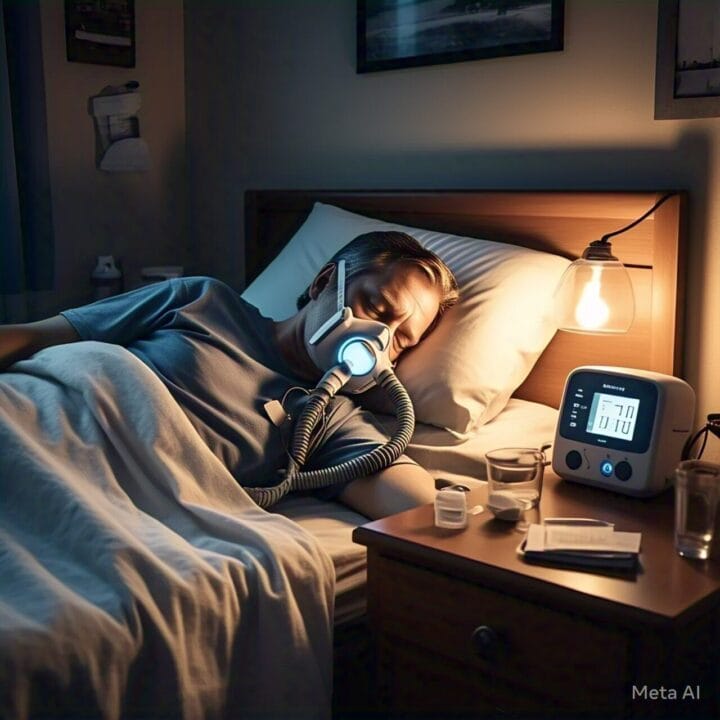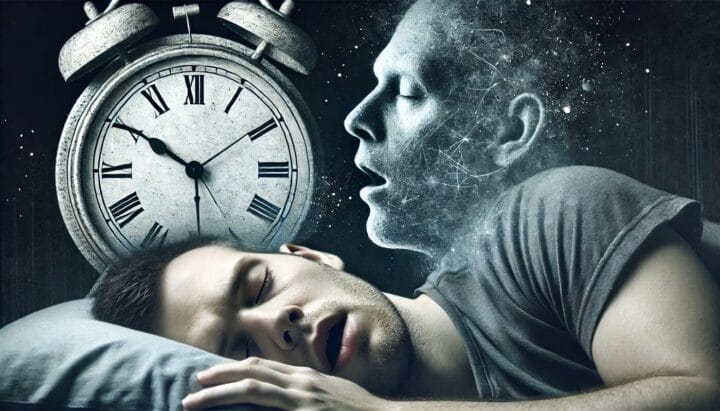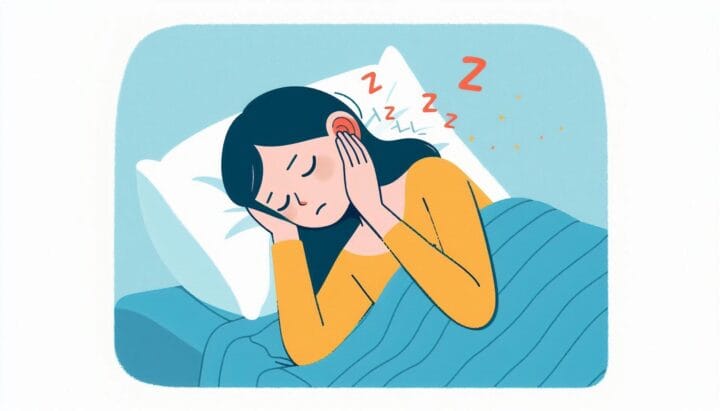How Sleep Apnea is Diagnosed: A Comprehensive Guide
Table of Contents

How Sleep Apnea is Diagnosed: A Comprehensive Guide
Ever find yourself dozing off during the day, even after a full night’s sleep? Or maybe your partner complains about your loud snoring? These could be signs of sleep apnea, a condition that’s more common than you might think. But how do doctors figure out if you have it? Let’s break down the process of diagnosing sleep apnea, step by step.
The Initial Consultation: More Than Just Small Talk
Symptoms Speak Volumes
Your doctor’s first move? They’ll ask about your symptoms. It’s like being a sleep detective – they’re looking for clues.
The Epworth Sleepiness Scale: Not Your Average Quiz
You might be asked to fill out the Epworth Sleepiness Scale. It’s a simple questionnaire that helps gauge how sleepy you are during the day.
Physical Examination: Looking for Telltale Signs
Neck Check
Your doctor might measure your neck circumference. A thick neck can be a risk factor for sleep apnea.
Mouth and Throat Inspection
Open wide! Your doctor will check for any physical obstructions in your mouth and throat.
Home Sleep Tests: Sleeping in Your Own Bed
What’s in the Box?
Home sleep tests are like having a mini sleep lab in your bedroom. You’ll get a device with sensors to wear while you sleep.
The Pros and Cons
These tests are convenient but might miss some cases of sleep apnea. They’re best for straightforward cases.
Polysomnography: The Gold Standard
Welcome to the Sleep Lab
For a more detailed look, you might spend a night in a sleep lab. It’s like a hotel room, but with more wires.
What’s Being Measured?
During polysomnography, they’ll track your brain waves, eye movements, heart rate, and more. It’s like a full-body check-up while you snooze.
Specialized Tests: Digging Deeper
Multiple Sleep Latency Test (MSLT)
This test measures how quickly you fall asleep during the day. It’s like a series of scheduled naps.
Maintenance of Wakefulness Test (MWT)
Can you stay awake when it’s quiet and boring? That’s what this test checks.
Imaging Studies: A Look Inside
CT Scans and MRIs
Sometimes, doctors need to see the structure of your airways. These scans provide a detailed view.
Blood Tests: Checking for Underlying Issues
Thyroid Function
Your thyroid can affect your sleep. A simple blood test can check if it’s working properly.
Iron Levels
Low iron can cause restless leg syndrome, which can disrupt sleep.
Putting It All Together: The Diagnosis
Interpreting the Results
After all these tests, your doctor will piece together the puzzle of your sleep health.
Severity Scale
Sleep apnea isn’t just a yes or no diagnosis. It’s rated from mild to severe based on how often your breathing is disrupted.
Next Steps: Treatment Options
Once diagnosed, you’ll discuss treatment options with your doctor. From CPAP machines to lifestyle changes, there’s a solution for everyone.
Conclusion: Knowledge is Power
Diagnosing sleep apnea might seem like a long process, but it’s crucial for your health and well-being. Each step brings you closer to better sleep and more energetic days. If you’re experiencing symptoms of sleep apnea, don’t wait. Reach out to a sleep specialist and take the first step towards restful nights and vibrant days.
Ready to take control of your sleep health? Schedule a consultation with a sleep specialist today. Your body (and your bed partner) will thank you!
FAQs
- How long does a sleep study take?
Most sleep studies last one full night, typically from around 9 PM to 6 AM the next morning. - Can I take my regular medications before a sleep study?
Usually, yes, but always check with your doctor first. Some medications can affect sleep patterns. - Will insurance cover sleep apnea testing?
Many insurance plans cover sleep studies, but it’s best to check with your provider for specifics. - How accurate are home sleep tests compared to lab studies?
Home tests are good for detecting moderate to severe sleep apnea but may miss milder cases. Lab studies are more comprehensive and accurate. - Can children be diagnosed with sleep apnea?
Yes, children can have sleep apnea. The diagnostic process is similar but may be adapted for younger patients. - How soon after testing will I get my results?
It typically takes a few days to a couple of weeks to get your results, depending on the facility and type of test. - If I’m diagnosed with sleep apnea, is treatment always necessary?
Treatment is usually recommended, as untreated sleep apnea can lead to serious health issues. However, the type and intensity of treatment can vary based on severity.
Citations:
[1] https://www.mayoclinic.org/diseases-conditions/sleep-apnea/diagnosis-treatment/drc-20377636
[2] https://www.ncbi.nlm.nih.gov/pmc/articles/PMC5714700/
[3] https://www.mayoclinic.org/diseases-conditions/obstructive-sleep-apnea/diagnosis-treatment/drc-20352095
[4] https://www.pennmedicine.org/for-patients-and-visitors/find-a-program-or-service/sleep-medicine/sleep-apnea-program/sleep-apnea-diagnosis-and-evaluation
[5] https://www.ncbi.nlm.nih.gov/books/NBK459252/
[6] https://my.clevelandclinic.org/health/diseases/8718-sleep-apnea
[7] https://www.webmd.com/sleep-disorders/sleep-apnea/diagnosing-sleep-apnea
[8] https://jamanetwork.com/journals/jamaotolaryngology/fullarticle/482260













Post Comment